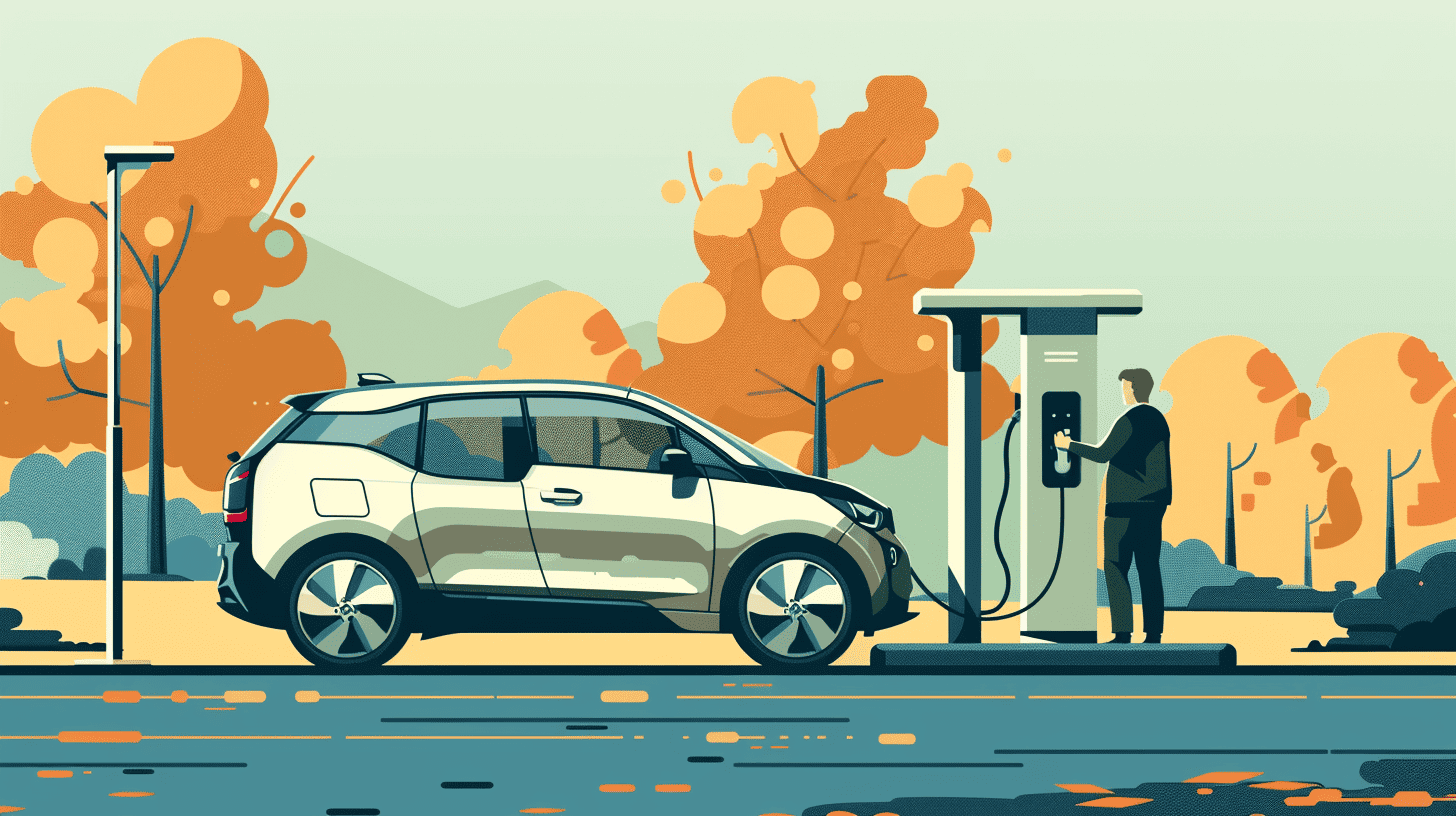
Electric vehicle startups in the US, EU, and China are encountering significant obstacles in bringing their products to mass production. Volta Trucks, a Swedish electric truck maker, has filed for bankruptcy due to supply chain issues. Lightyear, a Dutch solar car developer, has paused the development of its own solar car due to lack of necessary investment. Sono Motors in Germany, developer of a solar car, has applied for protection to avoid bankruptcy. US electric vehicle startups are burning through cash reserves as they struggle to ramp up production in the face of dwindling funding options. China’s electric vehicle market is more dynamic, with multiple companies successfully reaching mass production, but there are of signs of a forthcoming shakeout.
- EV startups worldwide face supply chain issues, funding shortages, and technical hurdles.
- Many startups opt for specialized components, reducing the risks and costs of full vehicle production.
- China’s EV market experiences a slowdown, affecting the competitive landscape for startups.
The daunting journey of startups towards mass production
Emerging electric vehicle (EV) companies worldwide are grappling with a common challenge: transitioning from concept to mass production. This transition is proving to be a formidable task, with the path laden with financial challenges, supply chain disruptions, and technical hurdles.
Take the case of Volta Trucks. This Swedish EV startup, known for its ambitious zero-emissions truck project, declared bankruptcy in Sweden due to supply chain issues. The difficulties faced by Volta Trucks underscore the vulnerability of EV startups to the complexities and uncertainties of the global supply chain.
Lightyear’s shift in strategy
Lightyear, a Dutch solar car developer, is another startup that faced significant hurdles. The company, which had been developing a solar car model that was expected to cost less than 40,000 euros, announced that it would suspend its solar car project due to lack of investment. Instead, Lightyear plans to focus on developing solar roofs for car manufacturers.
The company’s decision to pivot reflects a broader trend among EV startups. Faced with the daunting task of developing and producing a vehicle from scratch, some startups are choosing to focus on specific components or technologies. This approach allows them to carve out a niche in the broader EV ecosystem without shouldering the massive costs and risks associated with vehicle production.
Challenges in the US and China’s EV market
In the US, EV startups are also feeling the pinch. They are burning through their cash reserves as they try to scale up production amid dwindling funding options. This trend is partly driven by declining investor enthusiasm as the reality of the challenges in the EV sector sinks in.
China’s EV market, on the other hand, is more dynamic. Multiple companies have successfully reached mass production, showing that it is possible to overcome the hurdles faced by EV startups. However, signs of a forthcoming shakeout are beginning to emerge. China’s EV bubble, which had been inflated by generous government subsidies and aggressive expansion plans, is starting to deflate. Startups are finding it increasingly difficult to compete with established players like Tesla and BYD.
Uncertain future for EV startups
These challenges paint a sobering picture for EV startups. The journey from concept to mass production is fraught with financial, supply chain, and technical challenges. While some startups have managed to overcome these obstacles, many others face an uncertain future.
In the face of these challenges, it is clear that EV startups need to be innovative not only in their technology but also in their business models. They need to find ways to manage their cash burn, secure stable supply chains, and attract investment to survive and thrive in this competitive market.








